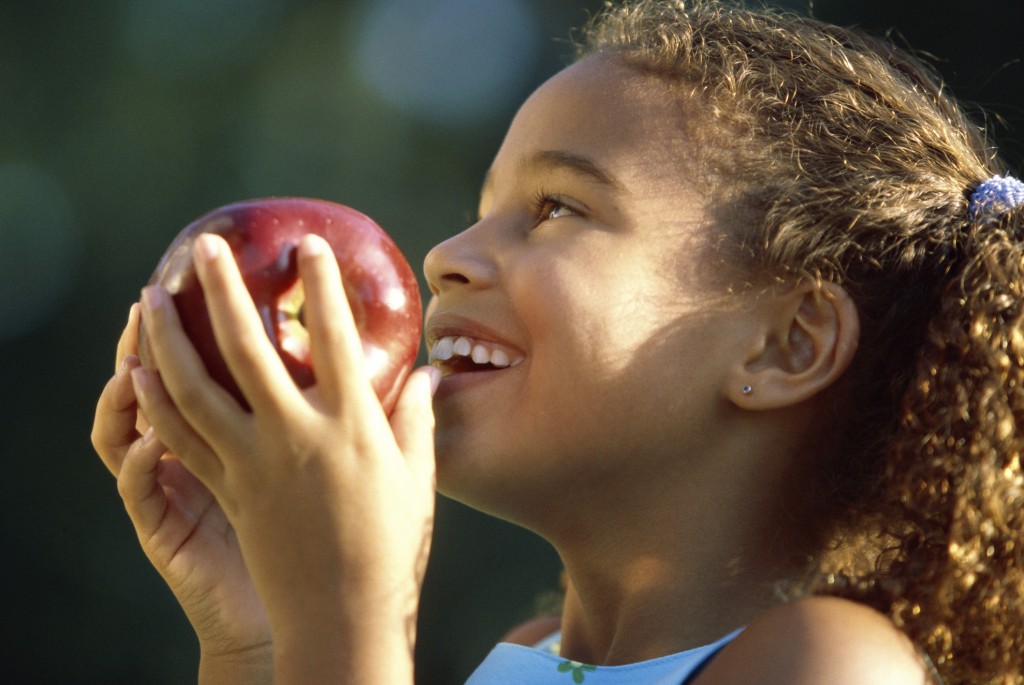EWG Announces Initiative For Children’s Health


WASHINGTON – With the generous support of the Jonas Family Fund, EWG is launching the Jonas Initiative for Children’s Environmental Health, redoubling EWG’s decades-long commitment to children’s environmental health with a bold new research and advocacy agenda for 2017 and beyond, both organizations announced today.
“The mounting evidence connecting children’s exposures to environmental contaminants and serious, life-altering health problems continues to grow,” said Ken Cook, president and co-founder of EWG. “We know that toxic chemical exposures affect the well-being of our kids. This new partnership between EWG and the Jonas Family Fund will bolster the current body of children’s health research and strike out on new, groundbreaking approaches that will help protect all children from polluted environments.”
Under the new program, led by Olga V. Naidenko, Ph.D, EWG’s senior science advisor for children’s environmental health, EWG will generate cutting-edge research, newsworthy content and consumer education projects on environmental health to inform parents, citizen activists and the media, and transform environmental policy debates to focus on protecting our kids’ future.
“Our health – particularly that of our children – is under assault from myriad environmental contaminants,” said Lendri Purcell, granddaughter of Jonas Fund co-founders Barbara and Donald Jonas, and the Fund’s vice president of environmental health and youth development programming. “This exciting project will considerably advance research efforts and education initiatives to support crucial actions to prevent our exposure to toxic chemicals.”
The program also honors EWG’s partnership with Healthy Child Healthy World and extends it further, moving the science forward to develop accountability standards across state, local and federal policies.
Whether through the Safe Drinking Water Act, the Clean Air Act, or other key federal environmental laws, the legal limits for pollution set by the Environmental Protection Agency are, in the opinions of EWG and academic researchers across the country, insufficient to protect children’s health.
“Just because levels of carcinogens and neurotoxins found in drinking water, for example, are within the legal limits, doesn’t mean they are safe for children,” said Naidenko.
Federal and state policies must be updated to solve the persistent challenges of environmental contamination, which weaken the health and economic sustainability of many communities.
As part of this new endeavor, EWG will develop model safety standards for a number of pollutants that contaminate our air, water and land. The criteria for these limits will be based solely on health impacts, and will not be influenced by the interests of polluters who discharge these contaminants into the environment.
Today, children may be exposed to a wide range of environmental hazards in schools and at home: lead in drinking water and old paint, asbestos, PCBs, radon, mold, cleaner chemicals, various indoor and outdoor air pollution, and pesticides.
EWG’s very first research project, “Pesticides in Children’s Food,” showed that in 1993 American infants and children regularly ingested a mix of toxic pesticides from foods. EWG’s initial work around pesticides and children’s health helped lead to the passage of the 1996 Food Quality Protection Act that, for the first time, set safety standards for pesticides on foods, specifically to protect children.
In two separate landmark studies conducted by EWG in 2005 and 2009, laboratory tests found hundreds of industrial pollutants in 20 samples of umbilical cord blood, proving for the first time that environmental exposures to toxic chemicals begin in the womb.
The new initiative at EWG expands on the Jonas Toxins Scholars Program, which supports nursing students pursuing doctoral degrees with a focus or clinical expertise on the elimination of toxins in the environment, or education and awareness about toxins. These doctoral-level scholars, representing top universities, will receive $10,000 scholarships over two years (2016-2018), to be matched by their universities. The Fund has also recently launched a three-year program, led by the University of California, San Francisco School of Medicine, designed to educate communities and medical professionals on health impacts of environmental chemicals.
“Through this initiative, EWG will build on its established, game-changing research with new content and new communications strategies that will arm parents, politicians and other concerned citizens with the tools and data necessary to protect current and future generations of children,” said Cook.
Source: http://www.ewg.org/release/ewg-announces-new-jonas-initiative-children-s-environmental-health?utm_source=feedburner&utm_medium=email&utm_campaign=Feed%3A+ewg_pressfeed+%28EWG%3A+Press+Feed%29